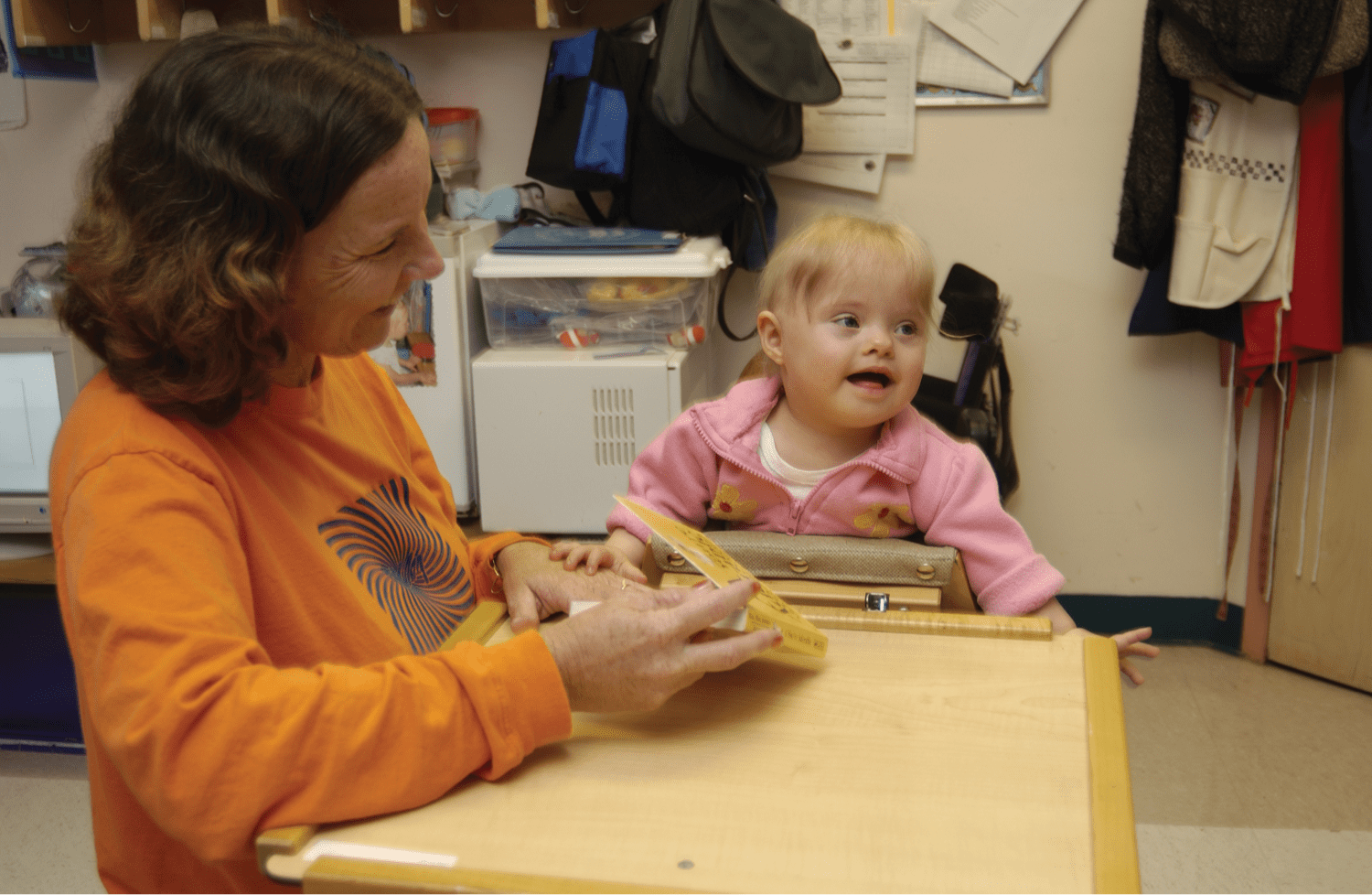
Best Practices in Early Intervention Services (2017)
This is an abstract from Best Practice in Early Intervention Services by Speech-Language Pathologists with Children Birth to Three Years of Age and their Family Members, a CSHA position paper published in January 2017.
On early intervention services for infants and toddlers with disabilities and at-risk conditions from birth up until age 3
In 1986, the enactment of legislation to require early intervention services for infants and toddlers with disabilities and at-risk conditions from birth up until age 3 years of age ushered in a new paradigm of services and supports for families and very young children which has been compared to the Copernican Revolution (Turnbull & Summers, 1987). The shift in focus from family members revolving around services to families and children being the center of services had far-reaching effects in developing new models of service delivery and influenced professional practice to develop partnerships with families. As the field of speech-language pathology evolved with increased participation in EI services, research regarding positive outcomes of early intervention informed practice. Greater understanding of the beginnings of language development in the very first stage of life and the vulnerability of infants and toddlers with compromised developmental outcomes due to disabilities and risk conditions led to improved and earlier identification methods. Over the past three decades, research and policy continued to reveal the positive effects of early intervention on the neurological development of children born with disabilities and conditions that include health and environmental risks and the related improvements in parent-child interaction.
Through professional training, the SLP is fully prepared to join the EI team in the provision of services with families and their infants and toddlers in the California Early Start system. The SLP is the professional who is qualified to conduct screening, assessment and intervention in all aspects of communication and swallowing. Following a review and analysis of legislative requirements, regulations, policy, research, and professional documents regarding SLP practice in EI services, the CSHA Early Intervention Task Force reached the following conclusions and recommendations that are further elaborated in each section of this position paper.
View and Download
You may view and/or download this CSHA position paper for further reference:
